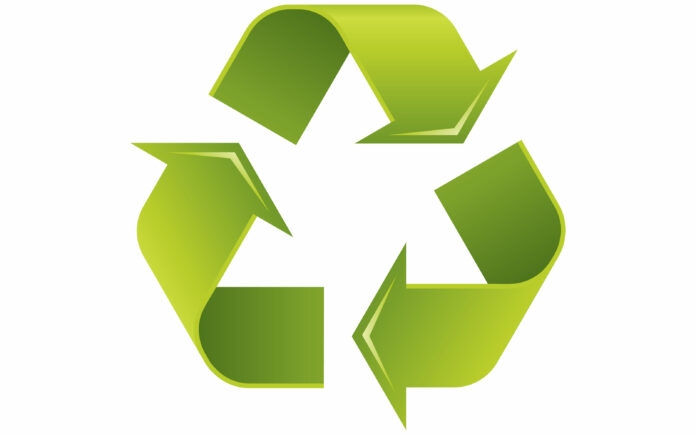MONTEREY COUNTY — Monterey County residents can now put food scraps, including cooked meat and bones, among other kinds, in the green curbside cart, to be composted with their yard trimmings.
With the greater convenience comes a big reduction in harm to the climate. When food scraps go into the landfill, they break down and produce methane, a greenhouse gas 84 times more potent than carbon dioxide. But when the scraps go into the green cart, they end up as valuable compost instead.
Facilities at the Monterey Regional Waste Management District, north of Marina, have been composting food scraps for restaurants and other businesses for nearly a decade. The District currently composts more than 30,000 tons of organic material each year; that number is expected to rise with the addition of residential food scraps.
In the Salinas Valley, a new state-of-the-art Aerated Static Pile Composting Facility located at the Johnson Canyon Landfill just outside of Gonzales, accepts food scraps and yard waste for composting. Last year the facility diverted over 45,000 tons of organics and is permitted to compost up to 75,000 tons per year.
“This is the biggest change the waste industry has seen since recycling over 30 years ago,” said Zoë Shoats, director of communications at the Monterey Regional Waste Management District. “It’s an easy and impactful action every person can make to affect climate change.”
That means that starting now, nearly all kinds of food scraps — except liquids and raw meat — can go into the green cart for curbside pickup: cooked meat, fish, bones and shells; cheese and other solid dairy products; bread, pasta, pastry and other grains; coffee grounds; and fruits and vegetables.
All food scraps must be unpackaged, with no metal, wire, glass, plastic, paper or cardboard included because of health and safety risks.
“We want the public to understand that this change requires only a change to where their food scraps go, into their green cart instead of their trash cart,” Shoats said.
Curbside food scrap collection is a collaborative effort to meet the requirements of California’s climate law SB 1383, which requires jurisdictions to provide expanded organic waste collection services to residences and businesses.
Working together locally to fulfill that commitment are the Monterey Regional Waste Management District; Salinas Valley Recycles, the cities of Carmel-by-the-Sea, Del Rey Oaks, Gonzales, Greenfield, King City, Marina, Monterey, Pacific Grove, Salinas, Sand City, Seaside and Soledad; Monterey County; Pebble Beach Community Services District; GreenWaste Recovery, Waste Management, Republic Services, Monterey City Disposal Service, and Tri-Cities Disposal and Recycling; and commercial composters Keith Day Company and Vision Recycling.
Free kitchen compost pails are available to residents while supplies last at designated city and county offices and from the local curbside service providers: GreenWaste Recovery, Waste Management/King City Disposal, Monterey City Disposal Service, Tri-Cities Disposal and Recycling, and Republic Services of Salinas. Each pail comes with a label showing what can go in.
The curbside services offer help at their respective websites, and tips are also available via the What Goes Where mobile app or at WhatGoesWhere.info.










